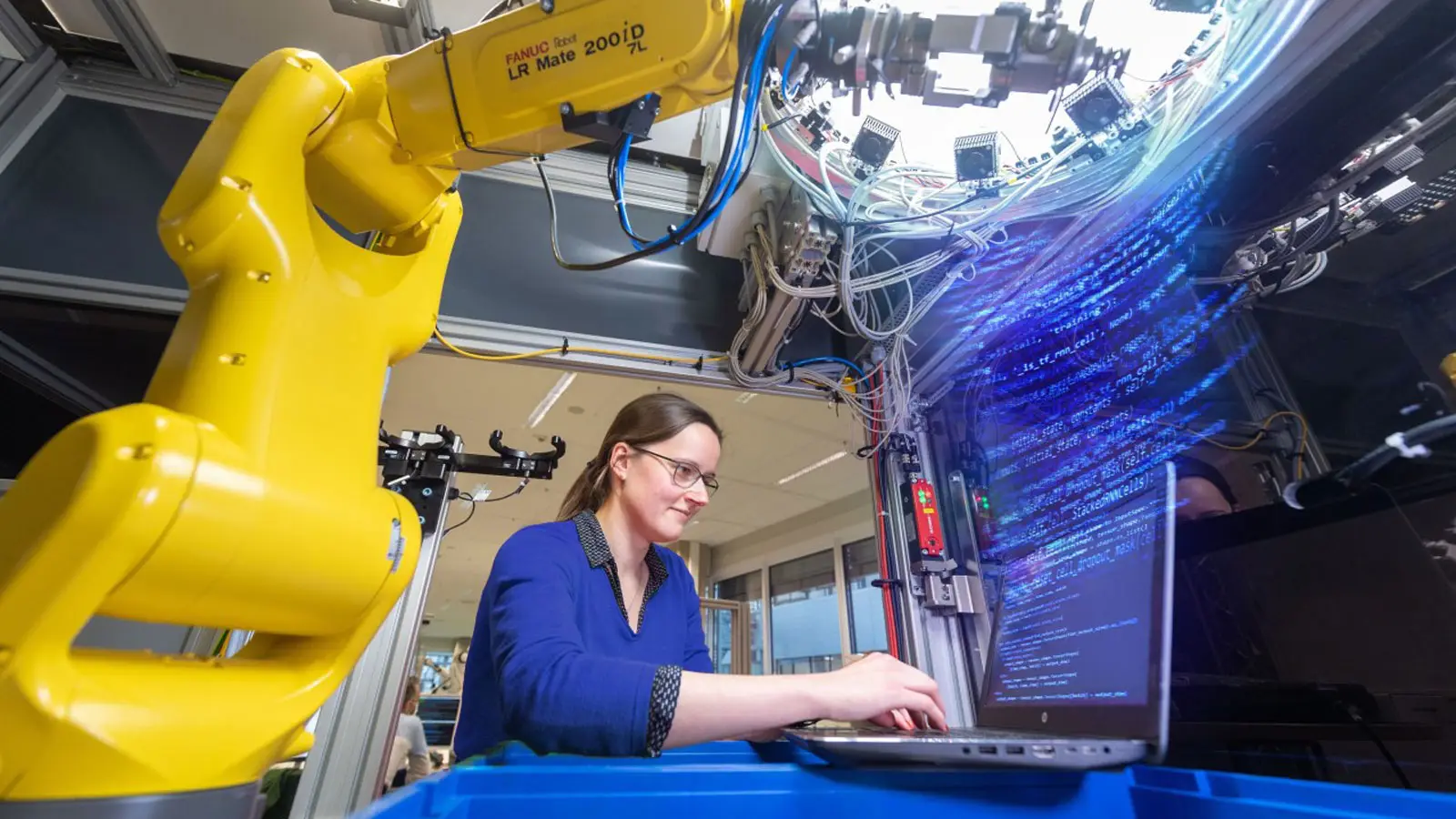News
2023 Revenue Growth in the Automotive Supply Chain and Emerging Challenges

The automotive supply chain saw a 9% revenue increase in 2023. Key players face challenges like electric mobility transition, cost reduction, and geopolitical uncertainties.
The automotive supply chain is extensive and complex, with various suppliers directly impacting the industry. According to Automotive News, in 2023, the revenues of the top 100 auto parts manufacturers increased by about 9% compared to the previous year. Last year, the revenues of the world’s largest car parts suppliers grew, thanks to the easing of the chip crisis and the global supply chain issues in the post-Covid economy. Today, these companies face several challenges, such as the transition to electric mobility and the constant need to reduce production costs, alongside geopolitical uncertainties.
The German group Bosch remained the world’s largest component supplier in 2023, with global sales to automakers amounting to $55.9 billion, up from $50.5 billion the previous year. The second place is held by another German company specializing in automatic transmissions, ZF, which totaled $49.709 billion. Canadian Magna International, ranked third, is the largest component manufacturer in North America, with sales of $42.8 billion, marking a 13% increase compared to 2022. Chinese electric vehicle battery manufacturer Contemporary Amperex Technology (CATL) is in fourth place, with an overall increase of 23% from the previous year, driven by the growth in electric vehicle production. CATL supplies batteries to almost all the world’s major automakers and plans to expand globally despite uncertainties in EV sales.
In 2023, suppliers enjoyed several significant advantages, many of which will extend into 2024. A key factor was the drastically reduced impact of the microchip shortage on new vehicle production compared to the peak in 2021, helping to stabilize automakers’ production schedules.
However, analysts identify uncertainty and geopolitical turmoil as major concerns for suppliers. U.S. tariffs on China and heightened trade tensions between the two countries have forced companies to reconsider their component sourcing locations, often opting for places closer to where vehicles are assembled. There is a shift in component imports into the U.S. from China, with more components coming from Mexico. There has been a substantial increase in parts from India, Thailand, and Vietnam, with imports from these countries doubling, although they still represent a small percentage of total imports.
Analysts predict a gradual shift in the supplier base, with sourcing moving from the Western world to countries offering more competitive costs. Companies like Lear, ranked 10th in the Automotive News list, have closed plants in Europe and moved production to North Africa to cut costs.
Ethan Brown
2024, Jun 25 07:00